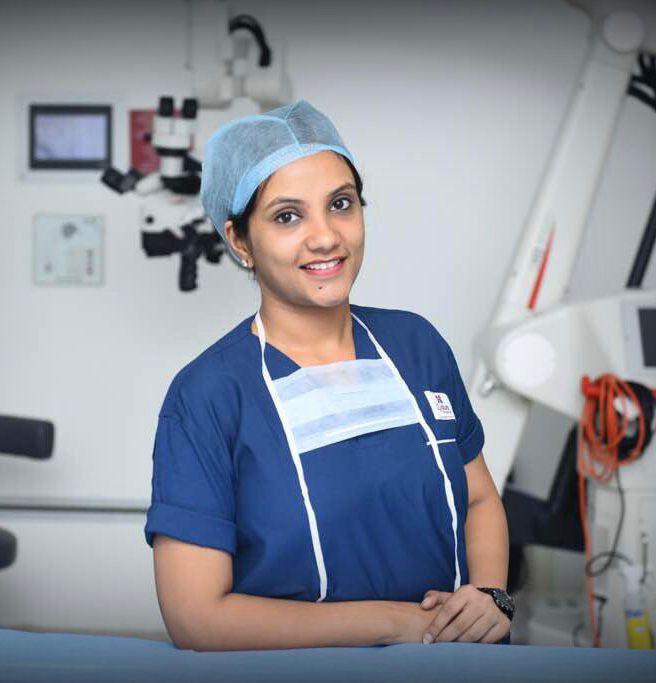Preparing for breast cancer surgery seems like a daunting task, however, being aware of the steps required can ease up the process. Having a hand with simple issues like gathering resources and familiarizing oneself with the process can lead to combating anxiety. Step-by-step, planning in regard to emotional stability and practicality can help with controlling the process.
Steps to Prepare for Your Breast Cancer Surgery
- Consult your surgeon about the specifics of your surgical treatment, including risks and expected recovery time. Ask all of your queries.
- Attending pre-operative appointments for any required physical exams, bloodwork, and medical testing to assess your readiness for surgery.
- Meet ahead of time with your entire care team, including the surgeon, oncologist, anesthesiologist, reconstructive surgeon, nurses, and so on.
- Schedule any necessary pre-operative scans, biopsies, or consultations for breast reconstruction.
- To ensure good healing, quit smoking at least two weeks before surgery and for at least six weeks thereafter.
- Alcohol use should be limited around the time of surgery since it can interfere with healing.
- Optimize your health with medical approval by changing your nutrition, physical exercise, and medication adherence.
- After being released from the hospital, arrange for transportation home. Make arrangements for a driver.
- If it’s convenient, schedule food delivery and stock up on simple-to-prepare meals. If at all feasible, prepare meals in advance.
- Everything you will need, including cushions, cold packs, medicine, chargers, and loose, comfortable clothing, should be kept close at hand in your at-home recovery area.
- In the weeks after surgery, ask family and friends to help with things like transportation, light workhouse, yard work, pet care, etc. so you can concentrate on recovering.
What to Expect on the Day of Surgery
Final Thoughts
Breast cancer surgery is often daunting when preparing for it, but it is always important to take some time, make slight moves, and ensure that you are informed about everything hence making the whole process much easier. To some extent having a schedule, discussing the situation with the medical staff, and getting ready for rehabilitation makes it possible to face the journey boldly.



